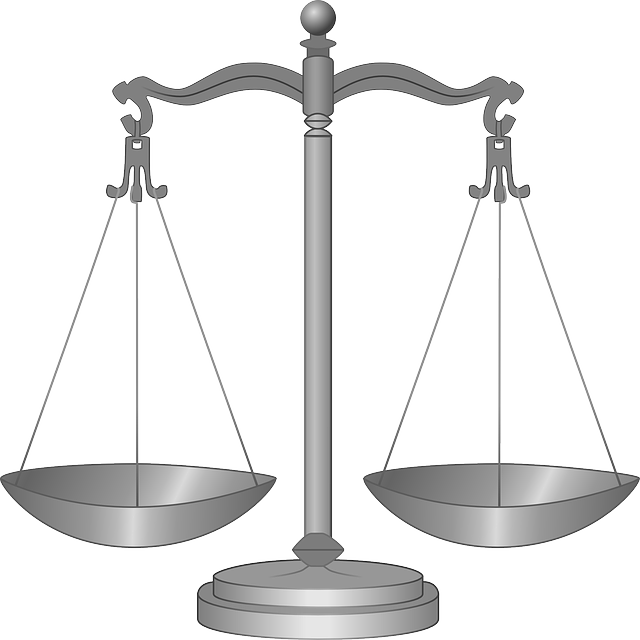Oregon's criminal justice system balances public safety and individual rights, governed by state constitution and laws. Key components include law enforcement, prosecutors, courts, and corrections facilities. In defense cases, lawyers scrutinize allegations, challenge evidence, and ensure fair trials. Recent reforms aim to enhance fairness through increased legal representation, streamlined pre-trial processes, community programs for non-violent offenders, and rehabilitation. These steps prioritize transparency, respect for rights, and effective justice under Oregon criminal law.
“Dive into the intricate world of Oregon criminal law with our comprehensive guide. This article offers legal insights into the state’s criminal defense policy and procedures, providing a strategic overview for navigating challenging cases. From understanding the Oregon criminal justice system to exploring policy reforms, we cover essential aspects.
Learn about effective strategies and rights available to defendants, ensuring a fair process. Uncover how policy changes enhance fairness, shaping Oregon’s approach to criminal law. Essential reading for legal professionals and enthusiasts alike.”
- Understanding Oregon's Criminal Justice System
- Defending Against Charges: Strategies and Rights
- Policy Reforms: Enhancing Fairness in Criminal Law
Understanding Oregon's Criminal Justice System

Oregon’s criminal justice system operates under a set of laws and procedures designed to balance public safety with individual rights, as outlined in the Oregon Constitution and state statutes. The system is structured around various branches, including law enforcement, prosecutors, courts, and corrections. Understanding this intricate network is crucial for anyone navigating Oregon criminal law.
Key players such as police officers and detectives conduct investigations, gather evidence, and make arrests based on probable cause. Prosecutors review the case, decide whether to file charges, and ultimately represent the state in court. The judiciary, comprising district courts, circuit courts, and the Oregon Supreme Court, ensures fair trials and interprets Oregon criminal law. Sentences are carried out by the Department of Corrections, which manages prisons and probation services. This interrelated system demands a nuanced understanding of Oregon criminal law to ensure justice is served effectively and equitably.
Defending Against Charges: Strategies and Rights

In any criminal defense case, the primary goal is to defend against charges brought forth by the prosecution under Oregon criminal law. The first step involves understanding the specific allegations and gathering evidence that can support an innocent plea or mitigate guilt. This includes scrutinizing the facts of the case, reviewing police reports, and examining any potential procedural errors during arrest or investigation stages.
Defendants have inherent rights protected under Oregon criminal law, such as the right to remain silent, the right to legal counsel, and the right to a fair trial. A skilled defense attorney will leverage these rights to build a robust defense strategy. This may involve challenging the admissibility of evidence, cross-examining witnesses, or presenting alternative explanations for the alleged crime, ensuring that the defendant receives a just and lawful prosecution.
Policy Reforms: Enhancing Fairness in Criminal Law

In recent years, policy reforms have emerged as a powerful tool to enhance fairness within Oregon criminal law. These reforms are driven by the growing recognition that systemic biases and disparities significantly impact the criminal justice system. One key area of focus has been improving access to legal representation for indigent defendants, ensuring they receive adequate defense during critical stages of their cases. This involves increasing funding for public defenders and implementing measures to reduce caseloads, thereby allowing for more personalized and effective legal strategies.
Additionally, Oregon has seen efforts to streamline the pre-trial process, aiming to reduce arbitrary arrests and pretrial detention rates. These reforms prioritize evidence-based practices, such as diverting non-violent offenders into community-based programs, which not only promotes rehabilitation but also alleviates the burden on correctional facilities. Such policy interventions are crucial steps towards ensuring that Oregon’s criminal law operates with greater fairness, transparency, and respect for individual rights.






